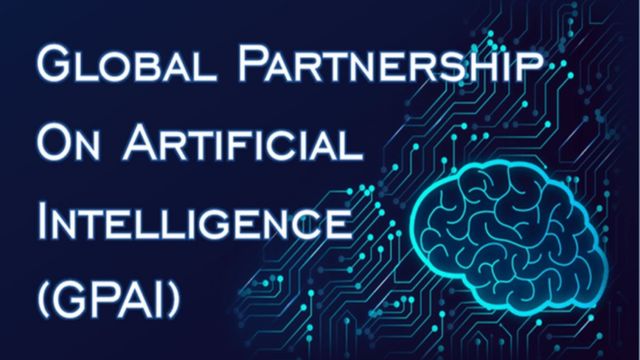Artificial Intelligence (AI) is no longer confined to the realm of science fiction; it has become a transformative technology reshaping the way we live, work, and interact with the world. Across the globe, AI is being rapidly embraced to drive innovation, stimulate economic growth, and improve quality of life. Often referred to as the Fourth Industrial Revolution, the widespread adoption of AI promises to revolutionize industries and societies alike.
Recognizing the immense potential of AI, strategic measures have been taken to promote research, innovation, and the development of comprehensive policies. Specialized committees were formed to ensure the ethical, responsible, and impactful use of AI technologies. These committees were tasked with studying various aspects of AI and proposing frameworks that maximize its benefits while addressing associated challenges.
Let’s explore the role of AI, the significance of these committees, and their contribution toward building a robust AI ecosystem for a smarter digital future.
The Importance of Artificial Intelligence

AI offers tremendous opportunities for economic and social development. Its applications range from enhancing healthcare services and reshaping education systems to transforming agriculture and modernizing governance. Projections suggest that AI technologies could contribute trillions of dollars to the global economy over the coming decades.
Moreover, AI-driven solutions can foster inclusion, bridge development gaps, and support underserved communities with strategic interventions. However, to fully harness AI’s transformative power, a carefully designed policy framework is essential—one that encourages innovation while ensuring that AI systems are used ethically, transparently, and fairly.
In alignment with this vision, specialized committees were constituted to chart a clear course for responsible AI adoption.
Formation of Artificial Intelligence Committees
Four expert groups were established to develop a comprehensive roadmap for AI governance and growth. Their mandates included assessing the social and economic impacts of AI, identifying challenges, recommending national policies, and suggesting regulatory frameworks.
Here’s a detailed overview of these committees:
1. AI Platforms and Data Committee
This committee focused on the availability and management of data, the foundational fuel for AI systems. Emphasizing the importance of creating large, high-quality datasets while safeguarding privacy, it recommended the development of shared data platforms accessible to researchers, startups, and innovators to accelerate AI advancement.
2. Committee on AI Utilization for Identified Sectors
Exploring the application of AI across critical sectors such as transportation, smart cities, healthcare, and agriculture, this committee proposed sector-specific strategies to encourage AI-driven innovation. It highlighted areas where AI could deliver the most rapid and substantial impacts.
3. Committee for Mapping Technological Capabilities, Key Policy Enablers, and Challenges
This group assessed existing technological strengths, identified gaps, and recommended strategic interventions. It stressed the need to build domestic AI capabilities, promote public-private partnerships, support research and development, invest in skilling initiatives, and foster innovation ecosystems to future-proof the workforce.
4. Cybersecurity, Safety, Legal, and Ethical Issues Committee
Addressing the critical concerns of AI ethics, this committee focused on issues like privacy, data security, algorithmic fairness, transparency, and accountability. It recommended establishing governance frameworks to ensure that AI deployment aligns with human values and ethical principles.
Key Recommendations from the Committees
The collective insights from these committees shaped a forward-looking vision for the future of AI. Key recommendations include:
- Establishing Centers of Excellence for AI research and innovation.
- Launching a National AI Platform to facilitate data sharing and provide access to essential AI resources.
- Developing AI-specific regulations to address ethical concerns and promote responsible usage.
- Investing in AI education and skills development programs to build a future-ready workforce.
- Supporting startups and SMEs working in AI through funding, mentorship, and incubation initiatives.
- Encouraging international collaboration to stay abreast of global AI advancements.
The Path Forward
At this pivotal moment, with the right policies, investments, and collaborations, it is possible to emerge as a global leader in AI innovation. The reports produced by these expert committees provide a solid foundation for future initiatives.
As AI continues to evolve, the approach must remain ethical, inclusive, and sustainable. A committed focus on nurturing research, empowering startups, safeguarding data, and addressing ethical challenges will be critical. Building indigenous AI capabilities and strengthening the overall AI ecosystem will help realize the full potential of this transformative technology.
By leveraging AI strategically, the goal of creating a smarter, more prosperous, and inclusive digital future can be effectively achieved.
Stay ahead with Digital India MIB — your trusted source for verified updates on government schemes, digital initiatives, and technological innovations. Empower yourself with authentic, reliable, and timely information. Start exploring today!




